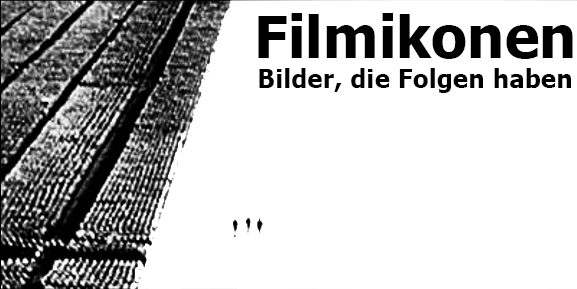Prof. Dr. Chris Wahl

Chris Wahl is Professor for Audiovisual Heritage and director of the “Film Heritage” M.A. program at the Film University Babelsberg KONRAD WOLF. He is also deputy director of the Brandenburg Center for Media Studies (ZeM), co-founder and co-curator of the film festival moving history and a member of Potsdam’s UNESCO-Creative-City-of-Film board.
Key responsibilities: Project leader
Contact: c.wahl@filmuniversitaet.de Website: https://www.filmuniversitaet.de/portrait/person/chris-wahl
Recent publications:
Chris Wahl: Film als kulturelles Erbe, in: Britta Hartmann / Ursula von Keitz / Thomas Schick / Michael Wedel (ed.): Handbuch Filmwissenschaft. Stuttgart: Metzler [upcoming].
Chris Wahl: Rache für Oradour (und andere deutsche Kriegsverbrechen! LE VIEUX FUSIL als Erinnerungsfilm, in: Rasmus Greiner / Chris Wahl (ed.): Audiovisual History. Film als Quelle und Historiofotie. Bremen: Bertz + Fischer (2023), p. 60-93.
Chris Wahl: Den Unterschied macht die Forschung: ein Doppelplädoyer für das kritische Edieren von Ufa-Sprachversions- und NS-Vorbehaltsfilmen, in: Ursula von Keitz / Wolfgang Lukas / Rüdiger Nutt-Kofoth (ed.): Kritische Film- und Literaturedition. Perspektiven einer transdisziplinären Editionswissenschaft. editio / Beihefte. Vol. 51. Berlin: De Gruyter (2022), p. 293-305.
Dr. Tobias Ebbrecht-Hartmann
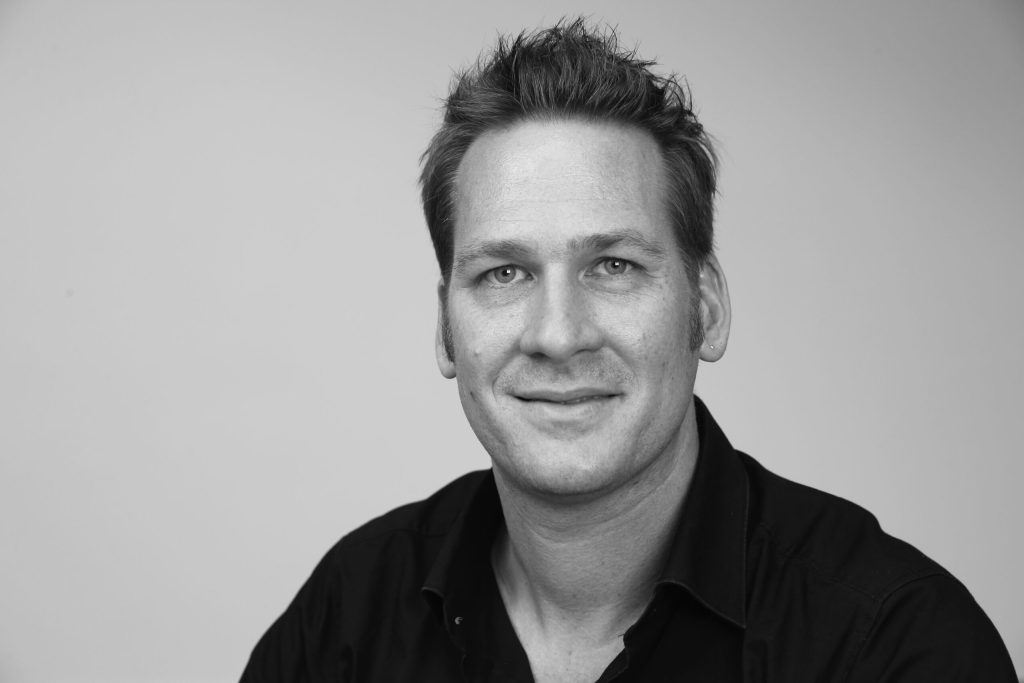
Tobias Ebbrecht-Hartmann, born in 1975 in Düsseldorf, is Assistant Professor (Senior Lecturer) for Visual Culture, Film and German Studies at the Hebrew University Jerusalem. He was part of the consortium of the Horizon 2020 project “Visual History of the Holocaust: Rethinking Curation in the Digital Age”, and currently is a consortium member in the Horizon Europe project “Memorise: Virtualisation and Multimodal Exploration of Heritage on Nazi Persecution” and scientific expert at the interdisciplinary research laboratory Spur.lab.
Key responsibilities: Project leader
Contact: tobias.ebbrecht-hartmann@mail.huji.ac.il
Website: https://ef.huji.ac.il/book/dr-tobias-ebbrecht-hartmann
Recent publications:
Tobias Ebbrecht-Hartmann / Fabian Schmidt: Virtual Topographies of Memory. Liberation Films as Mobile Models of Atrocity Sites, in: Lucie Česálková / Johannes Praetorius-Rhein / Perrine Val / Paolo Villa (Ed.): Non-fiction Cinema in Postwar Europe: Visual Culture and Reconstruction of Public Space. Amsterdam: Amsterdam University Press (2024).
Tobias Ebbrecht-Hartmann / Noga Stiassny / Fabian Schmidt: The Auschwitz Tattoo in Visual Memory. Mapping Multilayered Relations of a Migrating Image, in: Research in Film and History. Video Essays (2023). Link, Link.
Tobias Ebbrecht-Hartmann: Commemorating from a distance: The digital transformation of Holocaust memory in times of COVID-19, in: Media, Culture and Society. (2020). Link.
Tobias Ebbrecht-Hartmann: Media Resonance and Conflicting Memories: Historical Event Movies as Conflict Zone, in: Memory Studies. (2020). Link.
Dr. Alexander Zöller
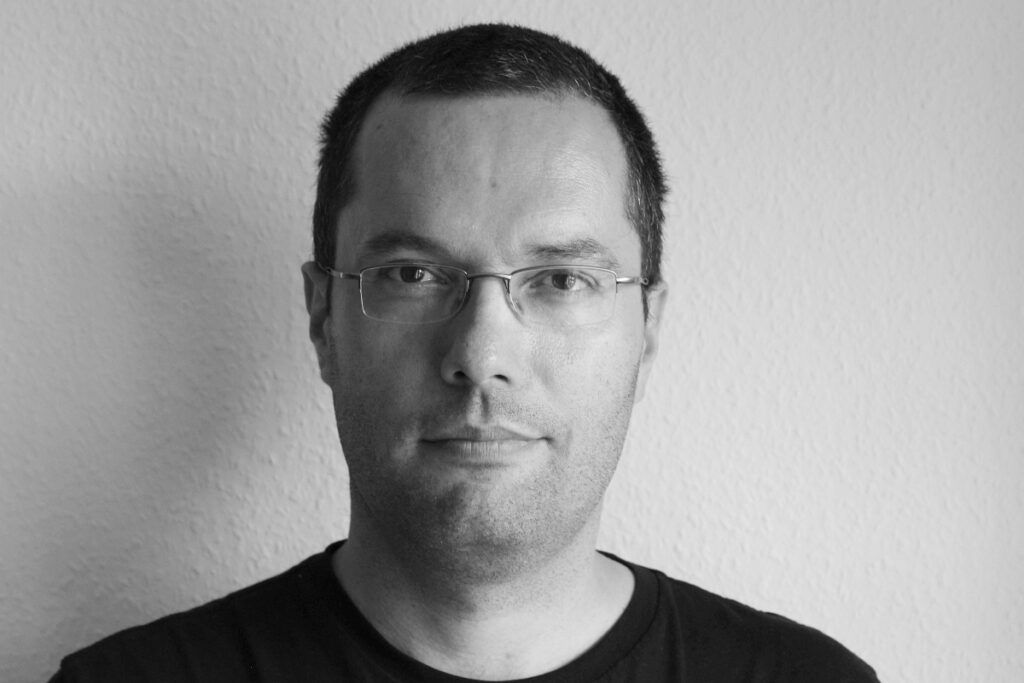
Alexander Zöller, born in 1979, is a former scholarship holder of the Brandenburgisches Zentrum für Medienwissenschaften (ZeM) and assistant lecturer in the Masters program „Filmkulturerbe“ at Film University Babelsberg KONRAD WOLF. His principal areas of research are focused on audiovisual media of the Nazi period and the history and development of film archives in Germany during the 20th century.
Key responsibilities: Coordination of archival research between the teams in Germany and Israel; research of the Warsaw Ghetto propaganda films
Contact: alexander.zoeller@filmuniversitaet.de
Recent publications:
Fabian Schmidt / Alexander Oliver Zöller: Images criminelles sous le nazisme. Editorial: Association française de recherche sur l’histoire du cinéma Paris (2024).
Fabian Schmidt / Alexander Oliver Zöller: The Filmography of the Genocide: Official and Ephemeral Film Documents on the Persecution and Extermination of the European Jews 1933-1945, in: Research in Film and History. No. 4 (2022), p. 1-160. Link.
Fabian Schmidt / Alexander Oliver Zöller: Atrocity Film, in: Apparatus. Film, Media and Digital Cultures in Central and Eastern Europe. No. 12 (2021), p. 1-80. Link.
Fabian Schmidt
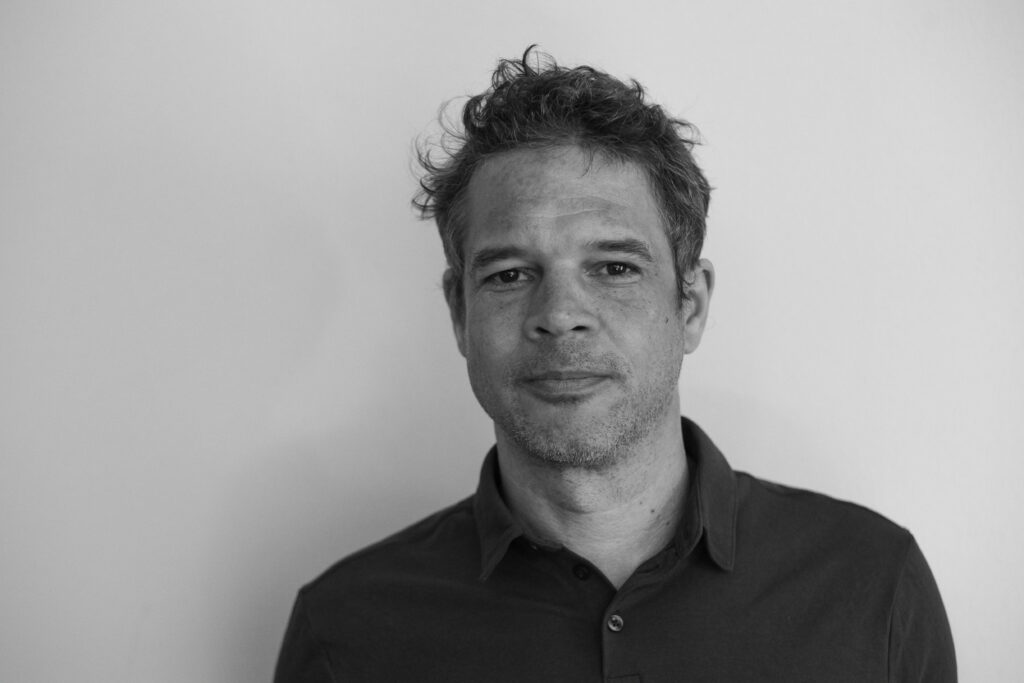
Fabian Schmidt, born 1972 in Lübeck, is a Sociologist (Dipl.) with an MA in film heritage. He is a PhD candidate at Filmuniversität Babelsberg where he also has a teaching assignment. Since 2019 he has been working as peer reviewer for Apparatus-Journal and part of the HUJI-Team in the Horizon 2020 project “Visual History of the Holocaust: Rethinking Curation in the Digital Age”. In addition, he is the writer and director of a state funded cinema documentary about Holocaust film footage called “Atrocity Film” (Schiwagofilm, projected release date: 2022). He received the Film University’s prize for the best MA thesis in 2018 and the Karsten-Witte-Preis by the Gesellschaft für Medienwissenschaft for his article „The Westerbork Film Revisited – Provenance, the Re-Use of Archive Material and Holocaust Remembrances“ in 2021.
Key responsibilities: Data infrastructure and management; material history of the Westerbork footage
Contact: fabian.schmidt@filmuniversitaet.de
Recent publications:
Tobias Ebbrecht-Hartmann / Fabian Schmidt: Virtual Topographies of Memory. Liberation Films as Mobile Models of Atrocity Sites, in: Lucie Česálková / Johannes Praetorius-Rhein / Perrine Val / Paolo Villa (Ed.): Non-fiction Cinema in Postwar Europe: Visual Culture and Reconstruction of Public Space. Amsterdam: Amsterdam University Press (2024).
Fabian Schmidt / Alexander Oliver Zöller: Images criminelles sous le nazisme. Editorial: Association française de recherche sur l’histoire du cinéma Paris (2024).
Tobias Ebbrecht-Hartmann / Noga Stiassny / Fabian Schmidt: The Auschwitz Tattoo in Visual Memory. Mapping Multilayered Relations of a Migrating Image, in: Research in Film and History. Video Essays (2023). Link, Link.
Fabian Schmidt / Alexander Oliver Zöller: The Filmography of the Genocide: Official and Ephemeral Film Documents on the Persecution and Extermination of the European Jews 1933-1945, in: Research in Film and History. No. 4 (2022), p. 1-160. Link.
Dr. Noga Stiassny
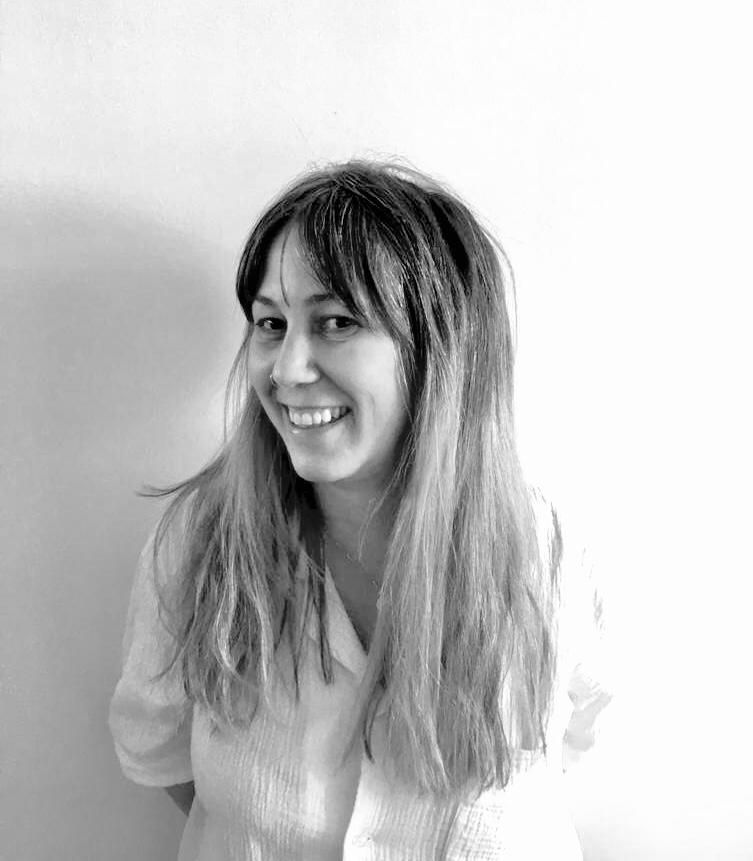
Noga Stiassny is a postdoctoral researcher at the European Forum, Hebrew University of Jerusalem, and a member of the Horizon 2020 research project “Visual History of the Holocaust: Rethinking Curation in the Digital Age”. She holds a PhD in Art History from Hamburg University, gained whilst a member of the Research Training Group “Recollections: Representations of the Shoah in Comparative Perspective”, and a Guest Researcher at the Amsterdam School for Heritage, Memory and Material Culture of the University of Amsterdam.
Key responsibilities: research of non-film / non-TV material (art and internet); research of the material history and circulation of the April Boycott (1933) footage
Contact: noga.stiassny@mail.huji.ac.il
Recent publications:
Tobias Ebbrecht-Hartmann / Noga Stiassny / Fabian Schmidt: The Auschwitz Tattoo in Visual Memory. Mapping Multilayered Relations of a Migrating Image, in: Research in Film and History. Video Essays (2023). Link, Link.
Evelyn Kreutzer / Noga Stiassny: Digital Digging: Traces, Gazes, and the Archival In-Between. Research in Film and History. Audiovisual Traces. No. 4 (2022), p. 1-13. Link.
Noga Stiassny: ‚Travelling Landscapes‘ and the Potential of Artscapes. Memory Studies Journal (2021). Link.
Noga Stiassny: Occupying (Imagined) Landscapes. in: Jeremy Taylor (ed.): Visual Histories of Occupation: A Transcultural Dialogue. London: Bloomsbury (2020), p. 247-268. Link.
Dr. Yael Ben-Moshe
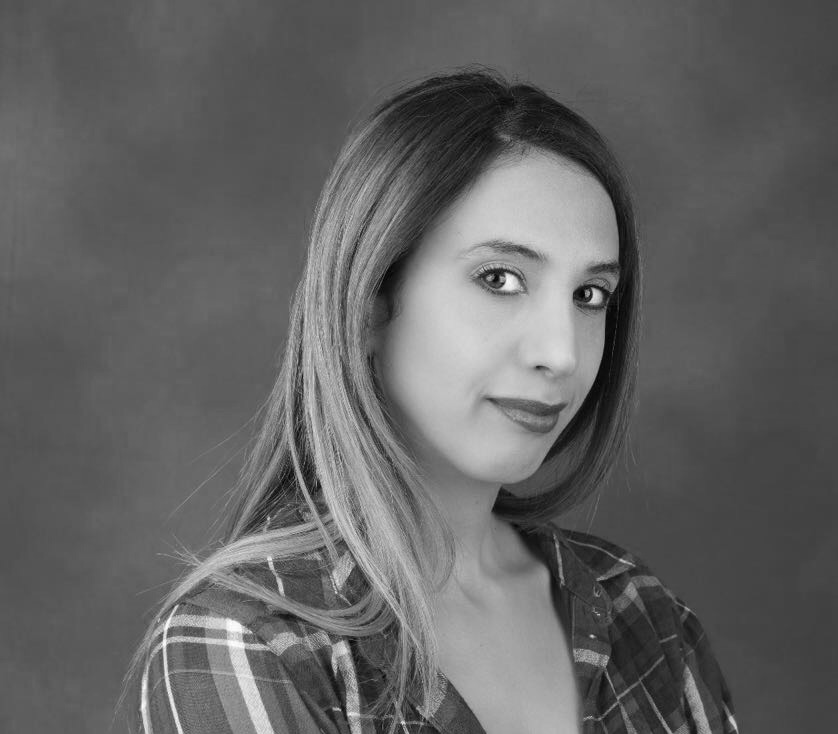
Yael Ben-Moshe, born in 1978, is a post-doc research fellow at the Hebrew University (2021-2029). She is a lecturer for media studies, film and cultural studies at the Haifa University and Hadassah Academic College in Jerusalem. As a former fellow of the Friedrich-Ebert-Foundation (FES) she received her Ph.D. on the reconstruction of Hitler’s Image after 1945 from the Technische Universität in Berlin. She was awarded the Presidential Fellowship for her post-doc research on terrorism and trauma in the age of the “new wars”, and a DAAD research grant at the Centre for Contemporary History in Potsdam (ZZF). Along with her academic work, she publishes articles in Israeli press and cooperates with the local and the international media.
Key responsibilities: database; archival research of the Eichmann trial; research of the persecution of Polish and Jewish civilians in Bromberg in 1939 and the last footage of Hitler in 1945; public relations and media education
Contact: yael.ben-moshe@mail.huji.ac.il
Website: http://hcges.haifa.ac.il/index.php/en/staff/researchers?start=8
Recent publications:
Yael Ben-Moshe: Picturing Hitler: Artificial Tension and the Historical Film, in: andererseits: Yearbook of Transatlantic German Studies. Vol. 7/8. Bielefeld: Transcript Verlag (2020), p. 237-252.
Yael Ben-Moshe: This is Your Trauma, Not Mine! Terrorism and Trauma in Recent German Films, in: Volker Benkert (ed.), Unsere Väter, unsere Mütter. Deutsche Generation seit 1945. Frankfurt am Main: Campus Verlag (2020), p. 105-129.
Daniel Körling

Daniel Körling is a PhD student at the KONRAD WOLF Film University with an MA in History from WWU Münster and an MA in Film Heritage from the KONRAD WOLF Film University. His doctoral project deals with film-theoretical discourses in National Socialism and the conceptualisation of history in the Historical Film during the NS.
Key responsibilities: databases; websites; material history of Der ewige Jude
Contact: Daniel.Koerling@filmuniversitaet.de
Recent publications:
Daniel Körling: Ein historischer Transformationsraum. Volker Koepps Dokumentarfilme über Ostpreußen, in: Rasmus Greiner / Chris Wahl (ed.): Audiovisual History. Film als Quelle und Historiofotie. Bremen: Bertz + Fischer (2023), p. 167-190.
Daniel Körling: Volker Koepps filmische Auseinandersetzung mit kollektiven Identitäten im Raum des historischen Ostpreußens. Potsdam (2021). Link.
Aleksandra Miljković
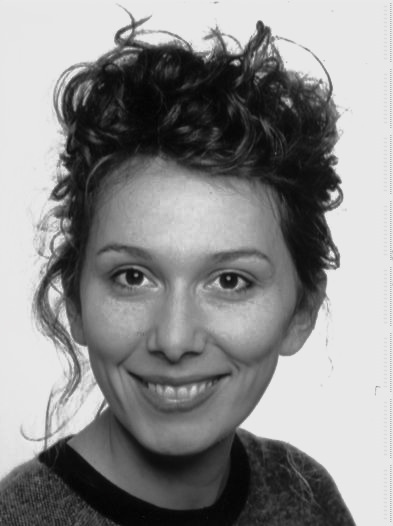
Aleksandra Miljković studied art history at the Faculty of Philosophy in Belgrade, Serbia, where she also completed her first M.A. with a focus on contemporary art and film. She earned her second M.A. in film heritage at the Film University Babelsberg KONRAD WOLF. During her studies, she worked as a research assistant on the Emmy Noether junior research group’s research project „Filmic Discourses of Scarcity. On the Representation of Precarity and Exclusion in European Feature and Documentary Films“. She has also been involved in projects within the framework of the Berlinale Forum and the Oberhausen Short Film Festival. She also works as a freelance archive producer.
Key responsibilities: Data collection; research of documents, sources and research literature; history of material and use of Eva Braun’s private film recordings
Contact: Aleksandra.Miljkovic@filmuniversitaet.de
Recent publications:
Aleksandra Miljkovic: Precarity in Post-Yugoslav Cinema: Everyday Life in Post-Socialist, Post-War, and Transition Societies, in: Elisa Cuter, Guido Kirsten and Hanna Prenzel (ed.): Precarity in European Film: Depictions and Discourses. Berlin, Boston: De Gruyter (2022), p. 161-178. Link.
Efrat Komisar
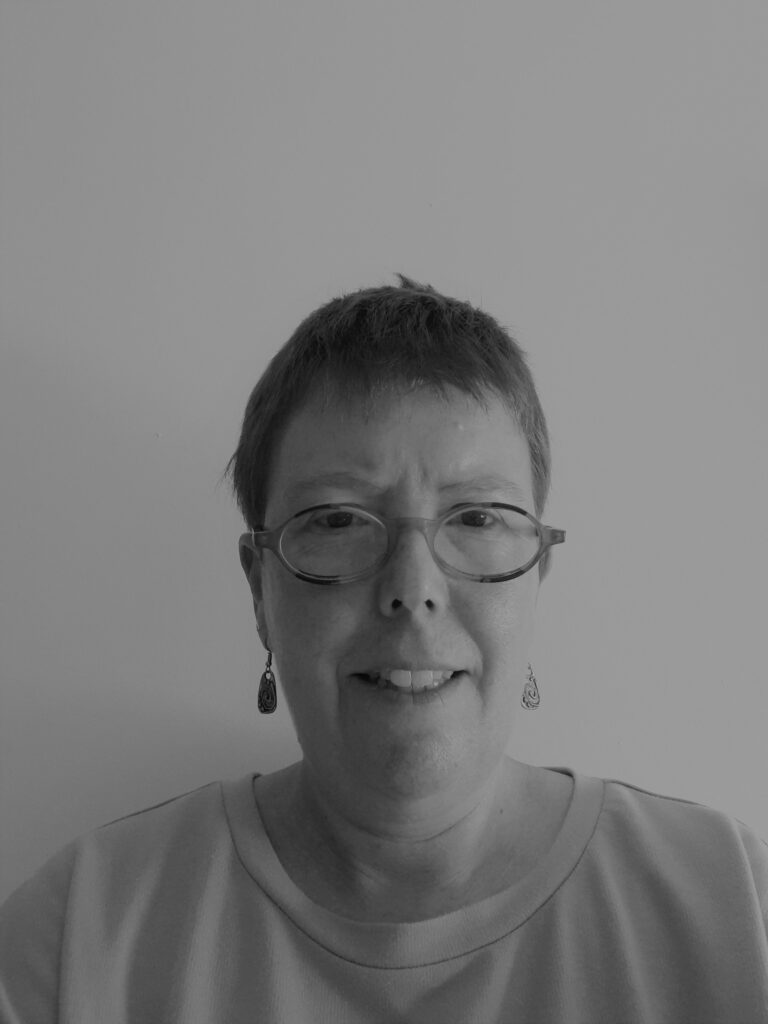
Efrat Komisar is a PhD student in the History Department at the Hebrew University of Jerusalem. Efrat holds an MA in Holocaust Studies from the Institute of Contemporary Jewry (today: the Department of Jewish History and Contemporary Jewry) at the Hebrew University. Her research focuses on the visual documentation of the Warsaw ghetto – photos and films –taken from its establishment until July 1942.
Contact: efrat.komisar@gmail.com
Aya Jubeh
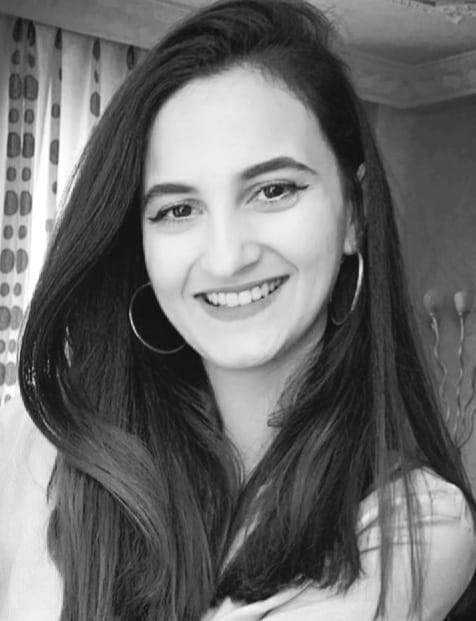
Aya Jubeh, born in Jerusalem in 1995, is an MA student at the Hebrew University of Jerusalem studying German Contemporary Studies. She holds a BA in English language and literature with a minor in journalism and holds a teaching diploma from Sakhnin College for Teacher Education. Her fields of interest include modern German history with focus on the Holocaust.
Key responsibilities: research of the Palestinian perspective on Holocaust memory; the visual Holocaust discourse in Arabic language and Arabic media; research assistance with the Wiener footage (Lipaja), the Eichmann Trial, and The 81st Blow.
Contact: aya.jubeh@mail.huji.ac.il
Devorah Huber
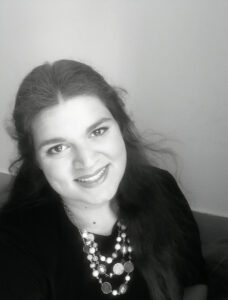
Devorah Leah Huber, born in 1992 in Missouri, United States, is a MA student at the Hebrew University of Jerusalem studying prehistoric archaeology. She received her BA in archaeology and Jewish history with a focus on Holocaust Studies from the Hebrew University.
Key responsibilities: collecting data and metadata; researching documents, sources, research literature; assisting in project organization.
Contact: devorah.huber@mail.huji.ac.il
Dr. des. Thomas Helbig

Thomas Helbig studied Fine Arts, Art History and Philosophy in Dresden and Berlin. He received his PhD from Humboldt University in Berlin for his work on Jean-Luc Godard’s video essay „Histoire(s) du cinema“ under the supervision of Michael Diers, Claudia Blümle und Volker Pantenburg. He is also an Associated Member in the working group „Object Space Agency“ at the Cluster of Excellence „Matters of Activity. Image Space Material“ with a postdoc project on the field of Screen Aesthetics. Last he was a Research Associate at the Institute of Art and Visual History at Humboldt University in Berlin and was holder of PhD scholarship from the Gerda Henkel Foundation. The Dissertation was awarded the 2021 Rudolf Arnheim-Prize.
Contact: thomas.helbig@hu-berlin.de
Website: https://hu-berlin.academia.edu/ThomasHelbig
Selected publications:
Thomas Helbig: Video in the Work of Jean-Luc Godard, introduced and curated by Thomas Helbig, in: Dieter Daniels and Jan Thoben (ed.): Video Theories: A Transdisciplinary Reader (Critical Media Aesthetics). New York: Bloomsbury Academic (2022). Link.
Thomas Helbig: „Das Leiden ist kein Star“ – Leid als Leitmotiv in Jean-Luc Godards ‚Histoire(s) du cinéma‘, in: Erika Benini / Anne Eusterschulte (ed.), Kritik(en) des Leidens, Berlin: Neofelis (2022). Link.
Thomas Helbig: Aby Warburg, Briefe (Gesammelte Schriften, Studienausgabe, Zweite Abteilung). Michael Diers / Steffen Haug / Thomas Helbig (ed.). Vol. 1/2. Berlin: De Gruyter (2021). Link.
Dr. Evelyn Kreutzer
(former team member)

Evelyn Kreutzer is a postdoctoral researcher and video essayist at the Film University Babelsberg KONRAD Wolf, as well as an associate editor of [in]transition: Journal of Videographic Film and Moving Image Studies. She received her PhD in Screen Cultures from Northwestern University with a dissertation on negotiations of European classical music traditions in American educational, comedic, and avant-garde television of the cold-war era (2020).
Key responsibilities: video essays and/as historical research; research of the material history and circulation of Eva Braun’s home movies.
Contact: e.kreutzer@filmuniversitaet.de
Recent publications:
Evelyn Kreutzer / Noga Stiassny: Digital Digging: Traces, Gazes, and the Archival In-Between, in: Research in Film and History. Audiovisual Traces. No. 4 (2022), p. 1–13. Link.
Evelyn Kreutzer: Mediating and Disrupting the Flow: Classical Music Conventions in the Performance and Video Art of Nam June Paik and Charlotte Moorman, in: Music, Sound, and the Moving Image. Vol. 14, No. 2 (2020), p. 141-148.
Evelyn Kreutzer / Ariel Avissar: Once Upon a Screen: Screen Traumas and Cinephilic Hauntings, in: The Cine-Files. No. 15 (2020). Link.
